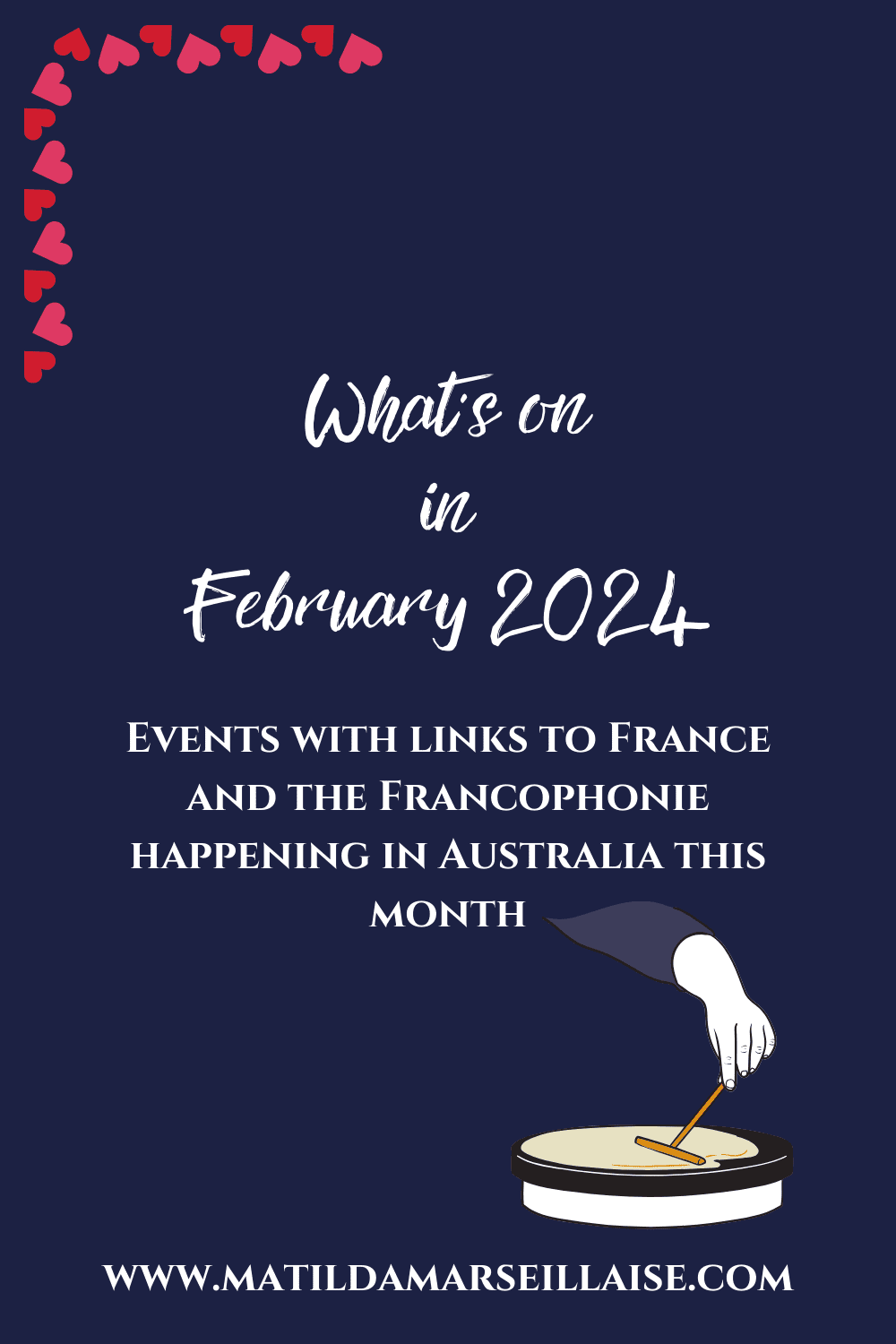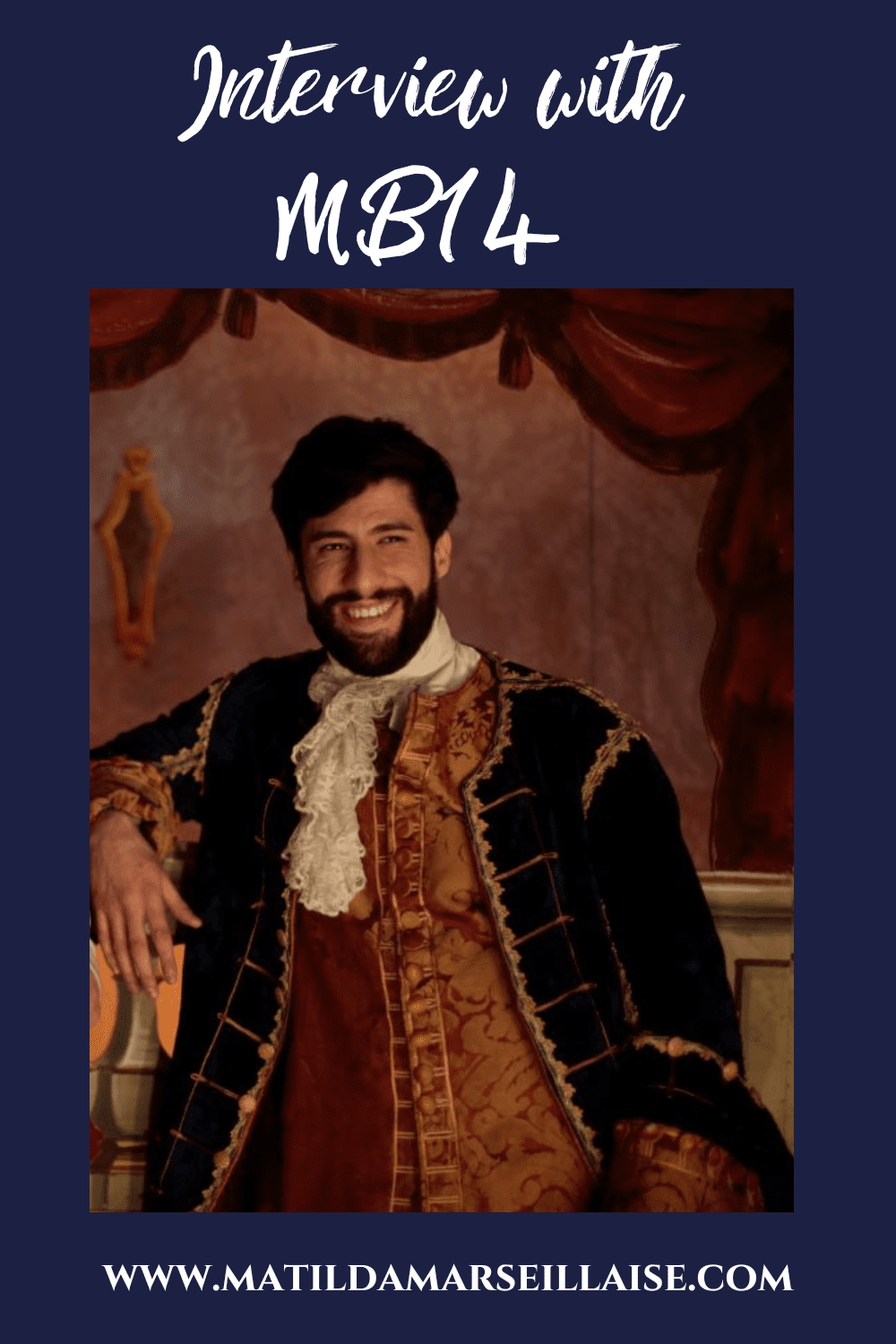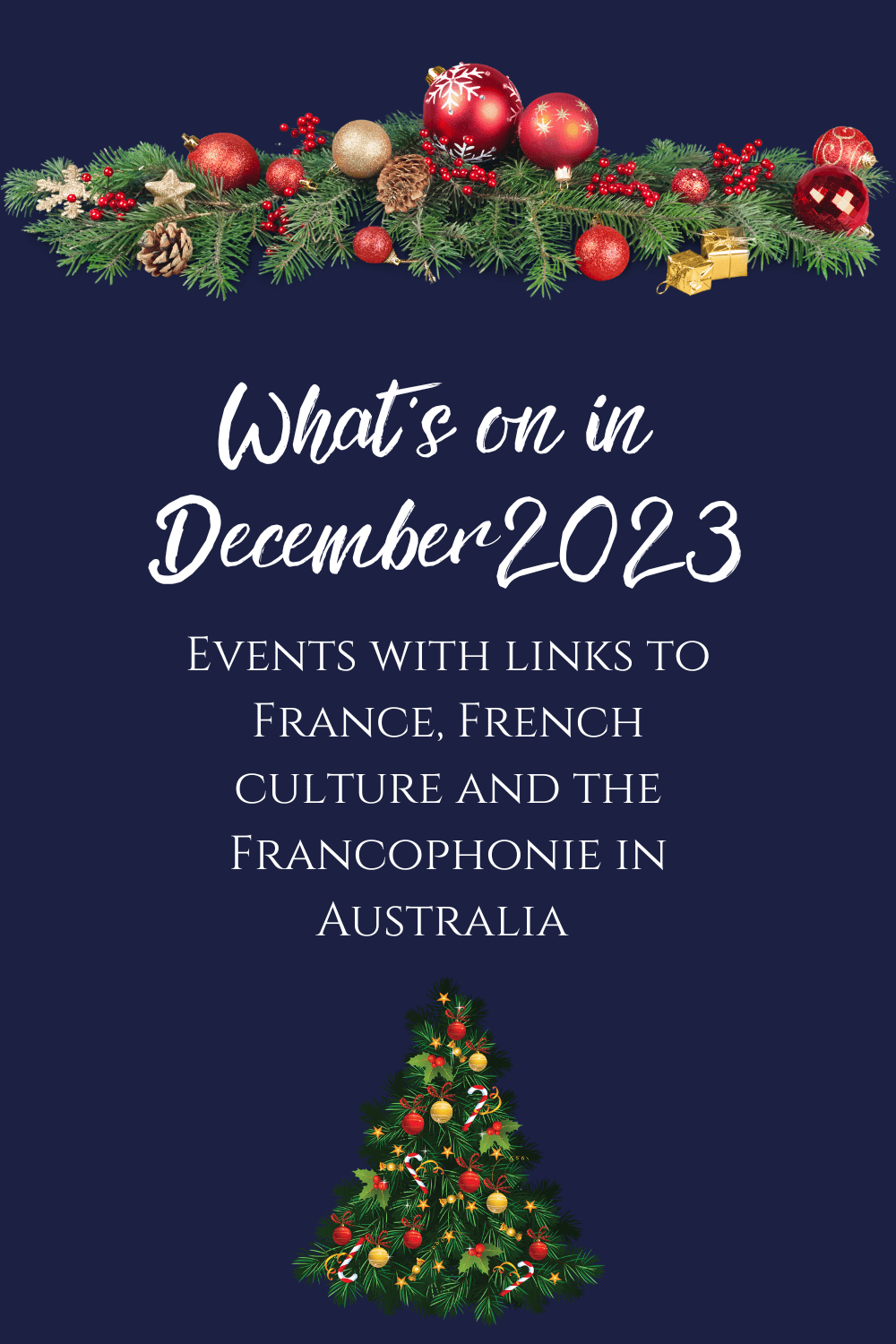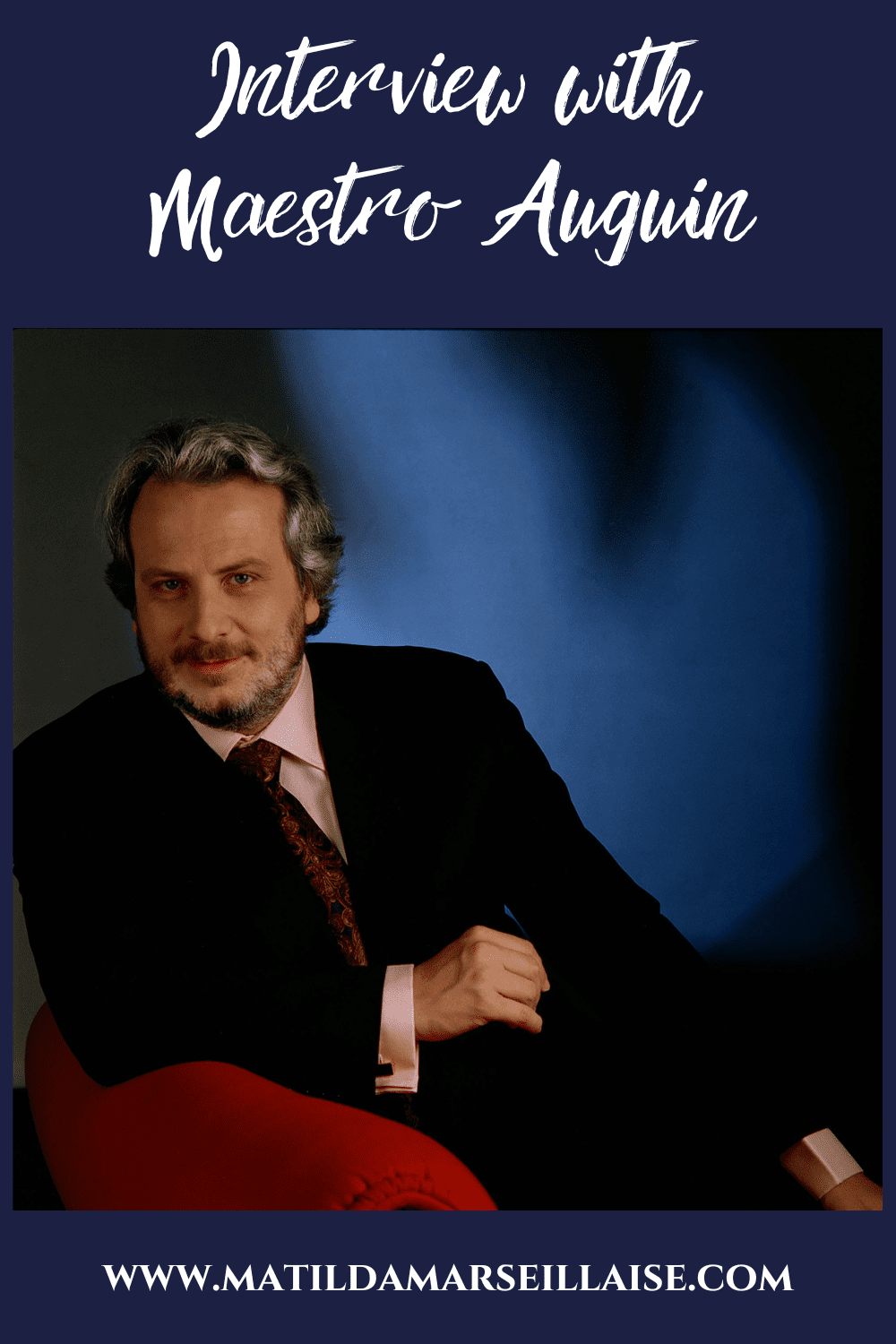Back when this centrepiece of the program was announced late last year, no one would have imagined that The Golden Cockerel at Adelaide Festival would be as relevant as it currently is by the time it would be performed. It is the tale of a Russian Tsar, convinced, rightly or wrongly that he is going to be attacked by his neighbours. Tsar Dodon decides to go ahead and invade before they do. When viewed against the backdrop of current world affairs with Russia currently invading and fighting its neighbour Ukraine, The Golden Cockerel takes on yet another light.

The Golden Cockerel at Adelaide Festival is the second opera in a three-opera co-commissioning partnership with the Festival d’Aix-en-Provence. The Golden Cockerel was the last opera composed by Nikolai Rimsky-Korsakov. Completed in 1907 before his death in 1908, Rimsky-Korsakov was not alive to see its premiere in 1909. It is often performed in French but in the performance of The Golden Cockerel at Adelaide Festival, it was in its original Russian.
In short, Dodon cannot sleep soundly for fear of being attacked by his neighbour. An Astrologer, who knew his father, but who Dodon has never met, appears and offers him a golden cockerel who will tell him when there is danger and tell him when he is safe to sleep. Dodon overwhelmed with happiness and not thinking of the possible consequences asks how he can repay the Astrologer and the Astrologer simply says that one day he will ask for something and Dodon will give it to him.

The Golden Cockerel perches in the tree and alerts the Dodon to an attack – Dodon sends his sons off to war. Upon learning of their death, and standing by their bodies hanging which are hanging upside down from a tree, he becomes entranced and enchanted by the voice and beauty of a woman, the Tsarina of Chemakha. Even though she makes it quite clear she wants his Kingdom and she mocks him, Dodon is enthralled and enamoured and will do whatever it takes to have her as his Queen.
The Astrologer then of course reappears and declares that his repayment for the gift of the Golden Cockerel shall be this Tsarina “I’d like to try my hand at marriage”, the extremely elderly man sings. Loyalties are tested.

The set featured grey-coloured mountains or hills painted onto the three-walled backdrop. There was a break in the back wall which served for the comings and goings of the characters. The stage was mostly covered (again apart from a pathway through the middle) with thatch about 60cm high and of course stage left (house right) the leafless tree upon which the cockerel perches.
The mechanical horse upon which Dodon rides off to join his war, was an impressive prop. While he rides, it remains fixed to the stage, only its legs and head moving to give the impression of movement. The human head, torso-less, hanging alongside the horse’s added to the dreamlike quality of The Golden Cockerel.

The costumes designed by Victoria Ehber are stunning – the generals (the Adelaide Festival Chorus) are dressed in black horses’ heads which cover their entire torso, and black suspenders and stockings. Dodon himself is simply dressed in dirty cream longjohns and a similarly coloured singlet, and of course his golden crown. The temptress Tsarina Chemakha (Venera Gimadieva) stuns firstly in her purple gown and then in that dazzling, sparkling dress we’ve all seen in the advertisements for the Golden Cockerel at Adelaide Festival. Her orange pantsuit seen later in the opera, brought The Golden Cockerel to a more recent era.

Chemakha’s 4 male dancers (Sam Hall, Chris Mills, Rowan Rossi, Loci Walmsley) also brought The Golden Cockerel to the modern age. Not only were their outfits modern – silver knee-high boots, little silvery crystal/sequinned skorts and crystal headdresses, so too were their dance moves. These were akin to something we would see in a modern pop or R&B video or perhaps when nightclubs return (remember what dancing was?) something that would be quite at home on a podium.

Having interviewed the lighting director Franck Evin, I found myself paying particular attention to the lighting during the performance of The Golden Cockerel. At times only the cockerel high up in his tree was in clear view. At others, the whole stage was in light but against the backdrop of painted mountains and dry bushes the light served to add to this bleak landscape.
I do not feel adequately experienced in opera to make any objective comments about the operatic performances themselves. But as a lay observer, each sung their roles convincingly and together with their acting conveyed The Golden Cockerel’s storyline realistically.
In terms of acting performance however, special mention must go to Venera Gimadievain in the role of Tsarina Chemakha, whose acting together with her voice were both amusing and believable. A particularly cheeky part was when she was inviting Dodon into her dark, warm, velvety carpeted cave!
While not often on stage, the elderly Astrologer (Andrei Popov) who opens and closes The Golden Cockerel at Adelaide Festival (that ending is very special and unexpected!) was wonderful. I particularly enjoyed watching his slow and seemingly momentous walk from one side of the stage to the other between acts when the curtain had dropped and the next scene was being prepared.

It must be somewhat bittersweet for Ukrainian Pavlo Hunka, to be performing the role of Dodon at the moment. Hunka played/sang the role well. From the opening scene where he is spinning around in all directions, jousting his sword at an invisible enemy all around him, we see that Dodon is a Tsar who is not completely cognisant. However, while we certainly believe that Dodon was paranoid and losing his marbles, I feel that perhaps Dodon could have been made even more paranoid and crazy.
All in all, Barrie Kosky’s interpretation The Golden Cockerel at Adelaide Festival was a delight to watch and even more pertinent with the current invasion of Ukraine by its neighbour Russia.
🥐🥐🥐🥐🥐
5 CROISSANTS
The Golden Cockerel at Adelaide Festival has two performances left – tonight and tomorrow night. New tickets have been released to this previously sold-out performance so don’t miss out!
KEY INFO FOR THE GOLDEN COCKEREL AT ADELAIDE FESTIVAL
WHAT: Russian opera The Golden Cockerel, a co-production with Festival d’Aix-en-Provence, Adelaide Festival, Opéra National de Lyon and Komische Oper Berlin in association with Adelaide Symphony Orchestra.
WHERE: Festival Theatre, Adelaide
WHEN: Tonight, Tuesday 8 March and tomorrow, Wednesday 9 March, both at 6pm
HOW: Buy your tickets via this link: https://www.adelaidefestival.com.au/events/the-golden-cockerel/
HOW MUCH: Ticket prices are as follows:
Adult
Premium $319, A Reserve $249, B Reserve $199, C Reserve $149
Festival Friends
Premium $271, A Reserve $212, B Reserve $169, C Reserve $127
Concession (Pensioner, Health Care Card holder, MEAA member)
A Reserve $199, B Reserve $159, C Reserve $120
Under 30 years old (ID required)
B Reserve $100, C Reserve $75
Full time Student (ID required)
B Reserve $90, C Reserve $65
D Reserve $69
NOTE: All bookings attract an $8.95 transaction fee.
OTHER ADELAIDE FESTIVAL CONTENT
If you’d like to know about other French links in the Adelaide Festival program, click here
You can also read our interviews with:
Franck Evin, lighting director for The Golden Cockerel
Wilfied Gonon, who played the cockerel in the productions in Aix-en-Provence and Lyon





